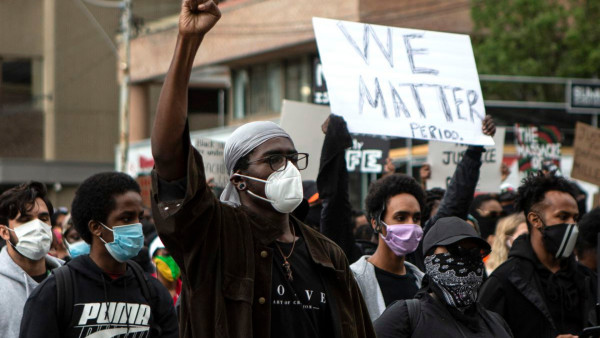The restaurant was a successful business that never missed a rent payment, even during the COVID-19 pandemic. Despite this, when it came time to renew the restaurant’s lease, the landlord refused claiming he sought a more family-oriented tenant because the consumption of liquor on the premises was problematic. However, Elias Restaurant was licensed to serve alcohol. Eventually, the parties ended up in court over the dispute to renew the lease which we wrote about in October of 2020. If you missed it, you can read that article and get up to speed here.
The Lower Court (Superior Court) Decision
The Superior Court decided that the landlord’s reason for denying the restaurant’s right to renew the lease was based on the predominant race of the restaurant’s clientele who happen to be people of colour. Despite the landlords’ arguments that it was a business decision, the Court determined that the landlord couldn’t refuse to renew the lease and had to continue renting the premises to Elias Restaurant.
The Higher Court (Court of Appeal) Decision
Despite a strongly written decision by the Superior Court in favour of the restaurant, the landlord appealed the Court’s decision. The landlord claimed that Elias Restaurant failed to follow the proper method of renewing the lease and that the judge failed to accept this as a valid reason to terminate the lease. The Court of Appeal refused this argument and accepted the reason provided by the Superior Court in that the landlord deliberately avoided Elias Restaurant’s correspondence to hinder its ability to renew the lease.
The landlord also took issue with the Superior Court Judge’s observations regarding anti-Black racism. In this case, the Court of Appeal determined that judges are allowed to take judicial notice of anti-Black racism in Canada, meaning that a judge is allowed to accept that anti-Black racism exists in Canada because it’s so widely known that evidence to that fact isn’t needed. As a result, the Court of Appeal agreed with the Superior Court Judge that the landlord’s rationale for not wanting to renew the lease was likely influenced by racism, rather than legitimate business or legal reasons.
Based on this decision, the Court of Appeal seems to be willing to support a judge’s ability to consider anti-Black racism when making discretionary decisions, even if the actions may not have been overt or conscious on the part of the racist party. Discretionary decisions are those that involve determining fairness as opposed to the strict application of the law. When making discretionary decisions that involve determining what’s fair, judges are empowered to look at what a party’s real motivation was for the decisions being made if those real motivations included racist sentiment.
The Court of Appeal ultimately agreed that the landlord was not permitted to hide behind the technical wording of the contract or the “guise of the legal method” as the initial judge worded it. This case is a positive change in the legal landscape as it recognizes that strict application of the law or wording of a contract cannot be used to meet the ends of racist motivations.
Author's Notes:
\\192.168.111.17\Data\O\Office Matters\Articles\Byblacks Articles\2021\July 2021 - CoA Confirms Elias Decision.docx










